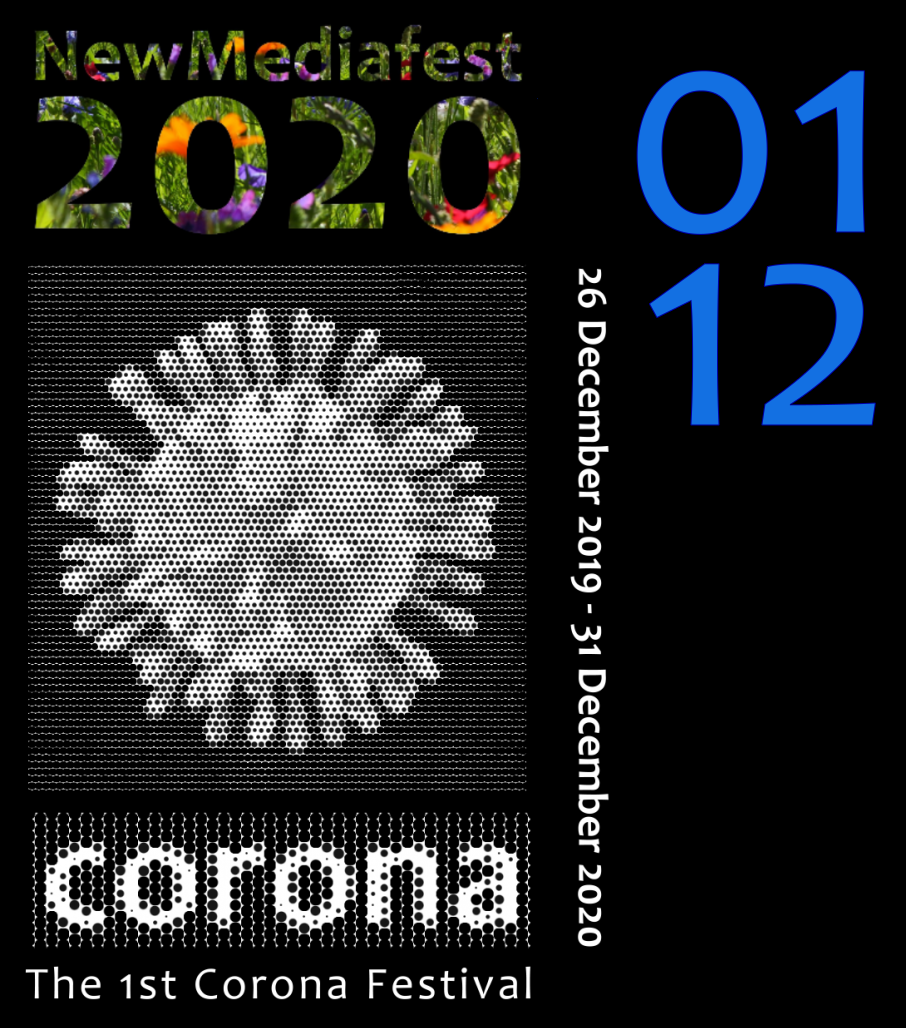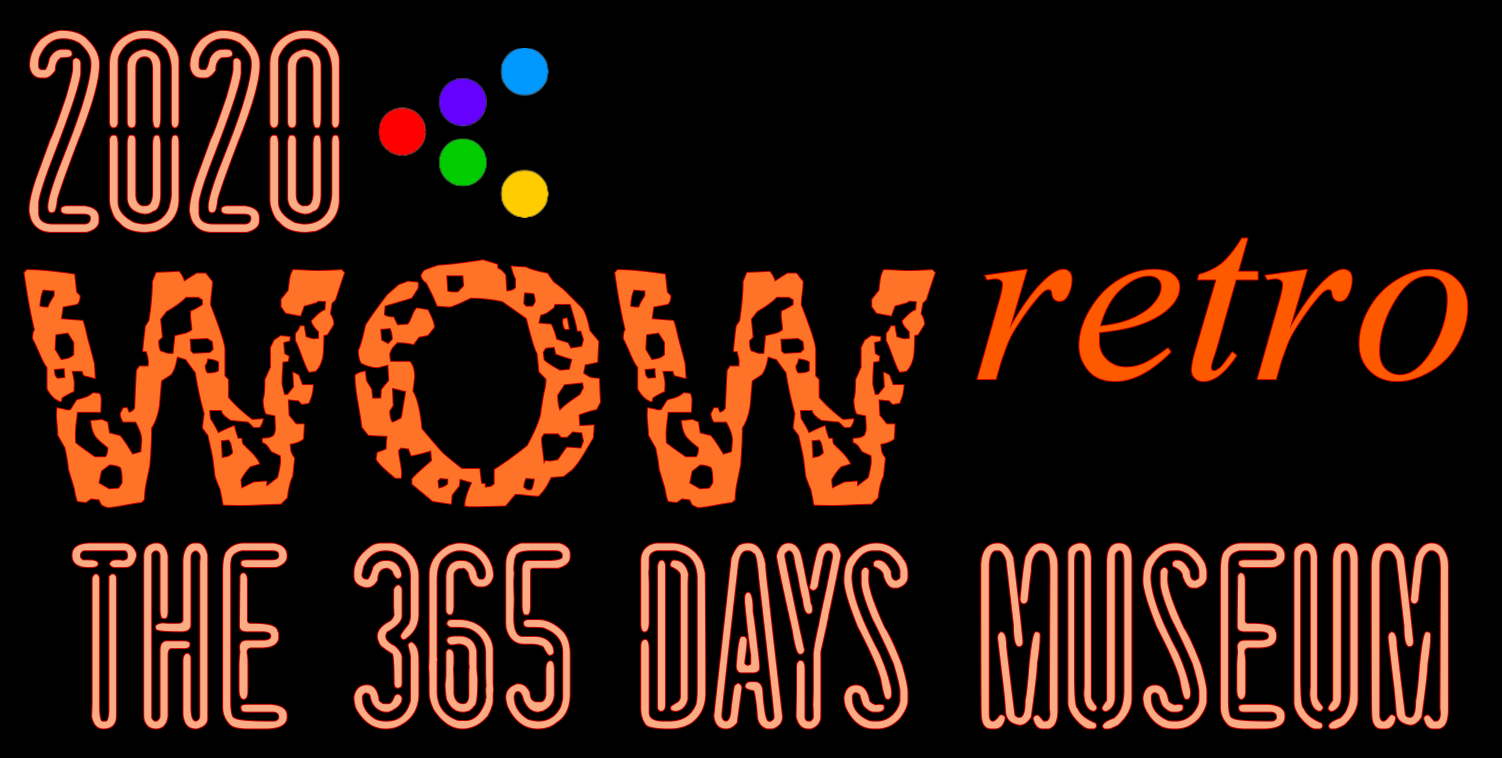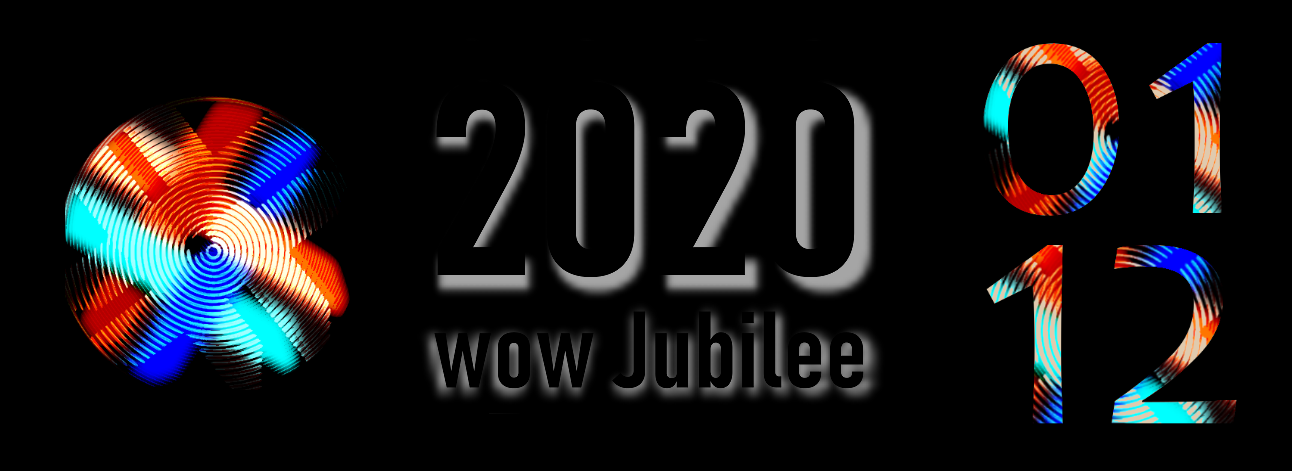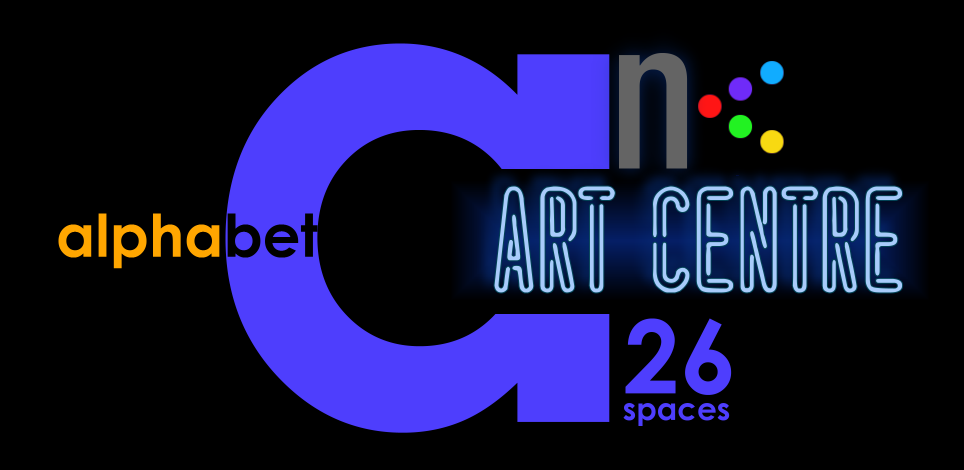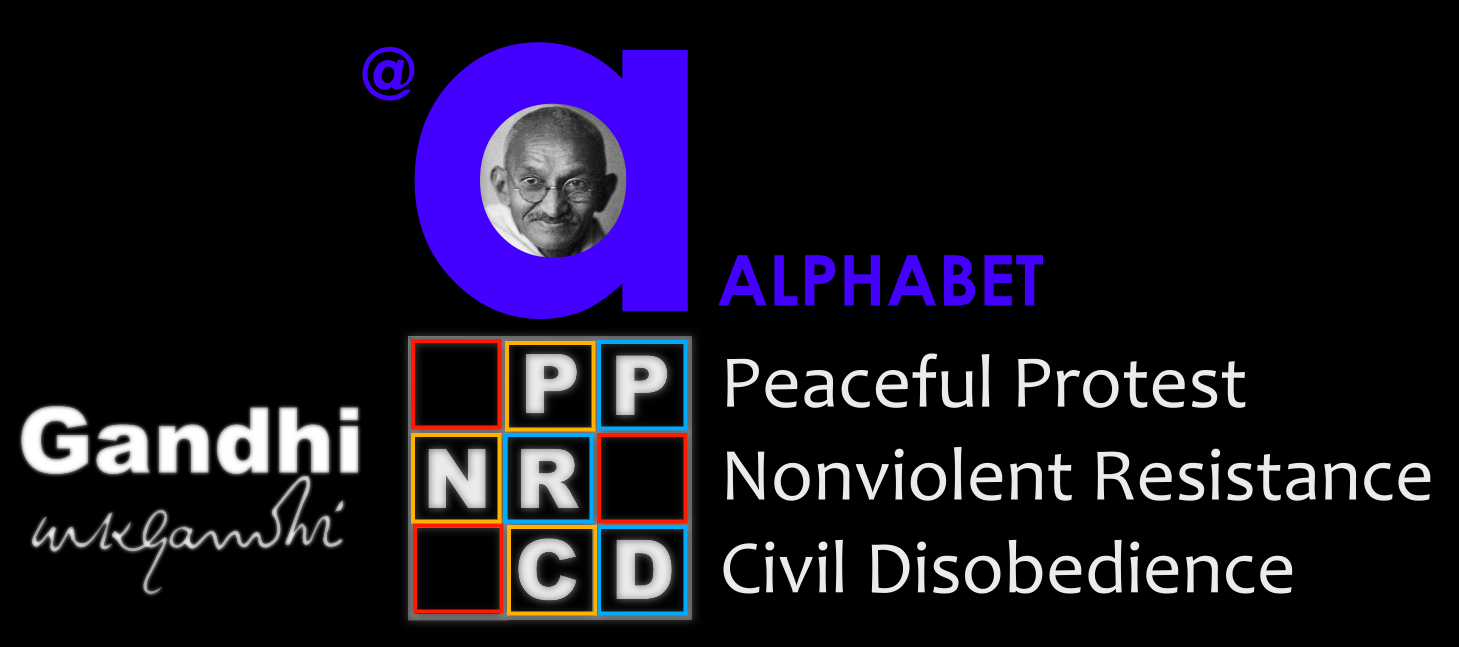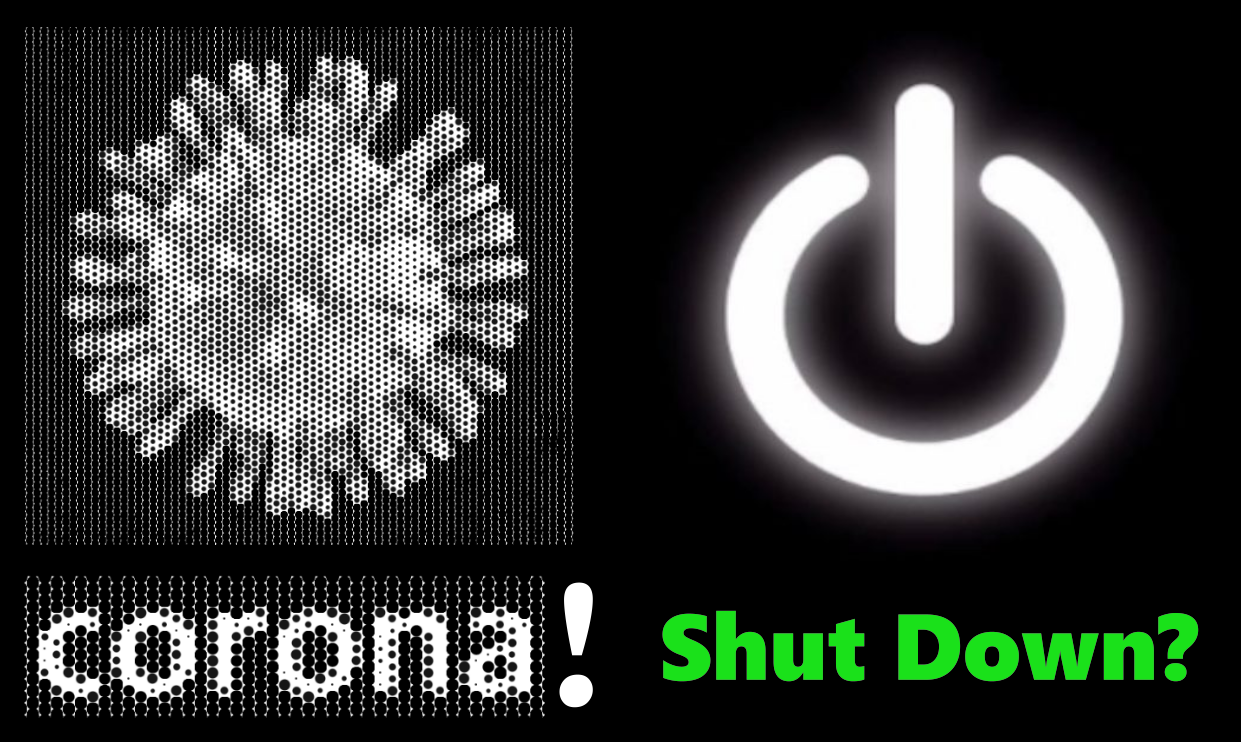Videoart feature
Memory Game

Today, 10 February 2011, is the 3rd day of the exhibition – Language is a Virus, which the Primo Piano LivingGallery in Lecce/Italy is organising between 8-16 February 2011.
![]() When Wilfried was invited previously by Dores Sacquegna – curator of the gallery, he was surprised that she wanted him to participate with a particularly serious video work –
When Wilfried was invited previously by Dores Sacquegna – curator of the gallery, he was surprised that she wanted him to participate with a particularly serious video work –

– which is referring to Wilfried’s visit of The Memorial for the Murdered European Jews in Berlin and how such a monument is dealing with memory and influencing the visitor’s perception on commemorating. The video is encouraging the viewer to reflect about the sense and non-sense of such a monument, when it is standing alone without further references, like it is for most of the visitors, who use the area of the countless concrete pillars as a playground in a holiday resort.

But, of course he agreed in the end, that it was a very good choice to ask expressively for this video, because the exhibition’s theme fits perfectly to the message of Wilfried’s video, which was presented along with other videos by international and local artists like Silvia de Gennaro.
Wilfried’s video is standing in a long row of individual and social artworks in which he actually is making his own loss of memory a topic of an artistic reflection. Is there a difference if collective memory is lost for sure? It is, while Wilfried’s memory cannot be reconstructed, as long as the historical sites and documents are not destroyed they allow also after a period of the neglecting and forgetting to re-animate the memory, at any time, when it is politically appropriate. Mostly such memory is repressed in times when it fits in certain political idelogigies,  but the way, how Auschwitz became a kind of horror amusement park, and something similiar is happen also in Berlin for many of the visitors, then it is the best way to enforce even the loss of memory – of the Holocaust, which is is no more than the cause for amusing. The existence of such a memorial probably remaining no more than an alibi, an helpless attempt to do anything, at all, a kind of occupational therapy – but in the end, it is better than doing nothing.
but the way, how Auschwitz became a kind of horror amusement park, and something similiar is happen also in Berlin for many of the visitors, then it is the best way to enforce even the loss of memory – of the Holocaust, which is is no more than the cause for amusing. The existence of such a memorial probably remaining no more than an alibi, an helpless attempt to do anything, at all, a kind of occupational therapy – but in the end, it is better than doing nothing.
Of course, it is different, if the historical sites and document are destroyed like it happened in Syria or Iraq executed by the, so-called, IS, because ideologically motivated the memory of a whole civilization was about to be erased completely, so that for later following generation nothing would have been lost, which anybody might refer to. Luckily, this worst case did not happen in its absolute consequences, yet, but the damages in the country are irreparable, and really much memory is already vanished for sure.


Owen Eric Wood (Canada) – Parallel, 2009, 7:42 **
Hande Zerkin (Turkey) – Democracy, 2014, 2:34
Fatih Bilgin (Turkey, – How would you like to Migrate, 2013, 3.36´
Alber Bayona (Spain – Movies 3, 2014 4:10
Shon Kim (South Korea ) – Oloc Boloc, 2012, 8:30

Fran Orallo (España) – The Life in White (La Vida en Blanco), 2006, 7:48
Matt Gibson (USA) – The Turtle, 2013, 2:00
Francesca Leoni (Italy) – Francesca Leoni (italy) – D (mov#2), 2013, 3:15
Gabriele Tosi (Italy) – The Extreme Challenge, 2014, 4:56




